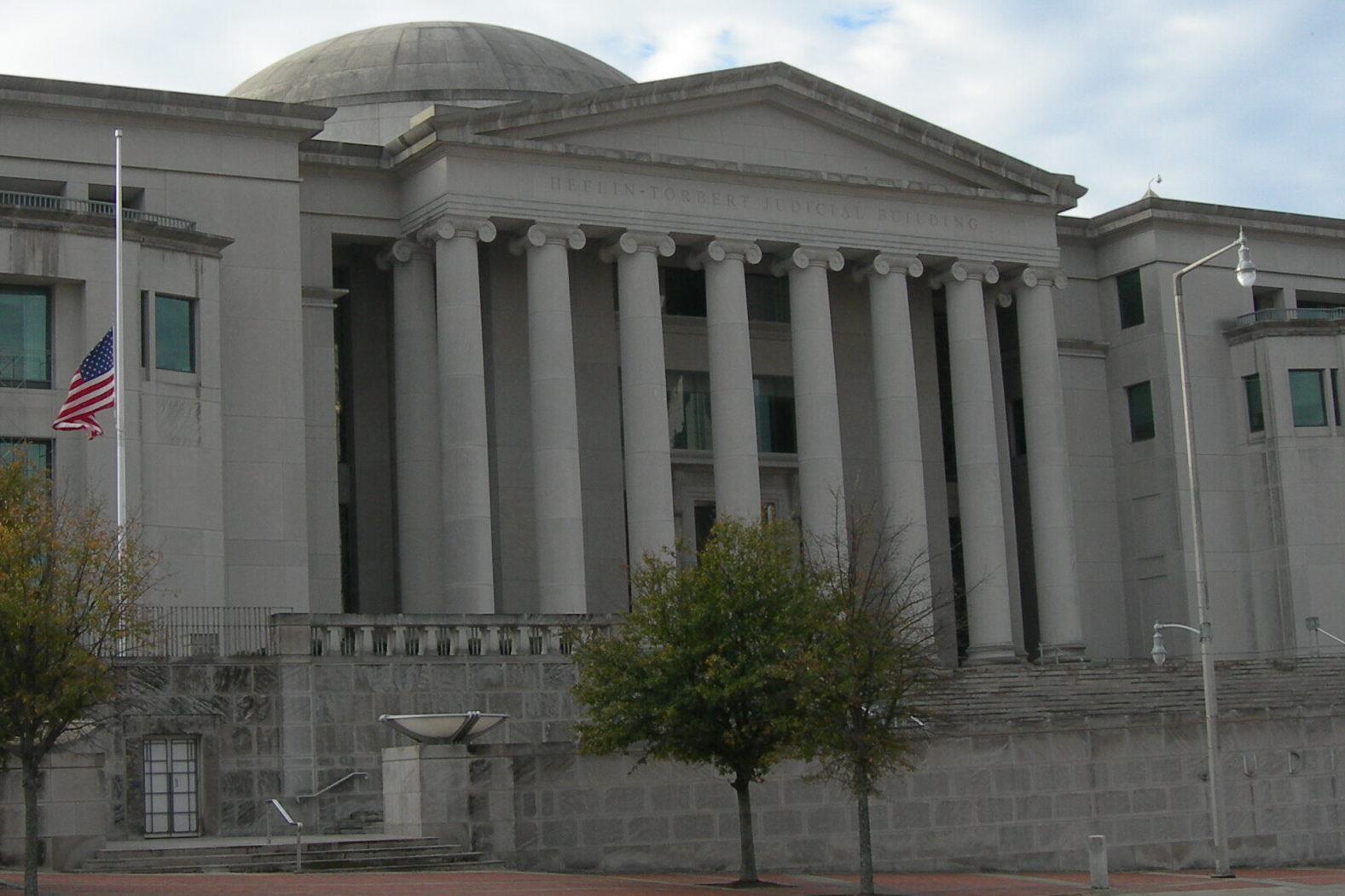The Alabama Ethics Commission is appealing to the Alabama Supreme Court a recent ruling by Montgomery County Circuit Judge Greg Griffin allowing Irva Reed, sister of Montgomery Mayor Steven Reed, to appear on the March Democratic primary ballot for a Montgomery County Commission seat after being previously disqualified.
Reed, like various other county-level candidates from both parties across the state, was knocked off the upcoming primary ballot due to not submitting a completed statement of economic interest form to the Alabama Ethics Commission within the required 10-day period after qualifying to run for office.
The form is available online and lists the income and wealth sources of candidates and some family members.
Multiple disqualified candidates sued the Alabama Ethics Commission, local probate judges and local party officials but were unsuccessful.
However, Reed so far has been the lone candidate to successfully petition at least one judge to be placed back on the ballot.
Joe M. Reed, Irva's attorney, said she was diagnosed with "acute sinusitis which exacerbated other medical issues she faces" and argues the illness is enough "good cause" for the Ethics Commission to give her another five-day time extension and place her on the ballot for the 2024 primary.
Griffin's preliminary injunction ruling on January 15 orders Montgomery County Probate Judge JC Love to put Irva Reed on the March 5 Democratic primary ballot for the Montgomery County Commission District 4 seat against Isiah Sankey.
Brenton Smith, an assistant attorney general representing Alabama Secretary of State Wes Allen, Ethics Commission chair John Plunk and Ethics Commission director Tom Albritton, said in an appeal of Griffin's ruling that the injunction would cause an administrative burden on election officials because ballots have already been printed and absentee voting has already started.
"This order threatens immediate confusion for voters, significant administrative burdens for election officials, and the prospect of suit by the federal government against the State itself. State law requires absentee ballots be sent within one business day of request and federal law requires ballots for certain military and overseas voters be sent no later than January 20, 2024. But the circuit court's order will either cause officials to blow these deadlines or disenfranchise voters who have already voted or requested ballots. What's more, the theory underlying Plaintiff Irva Reed's claim for this extraordinary relief may require the Ethics Commission to accept long-untimely Statements of Economic Interests from other would-be primary candidates statewide," Smith said in a recent filing.
The Alabama Supreme Court stayed, or blocked, Griffin's preliminary injunction last week, but litigation in the case is still ongoing.
supreme court alabama by Caleb Taylor on Scribd
To connect with the author of this story or to comment, email caleb.taylor@1819News.com.
Don't miss out! Subscribe to our newsletter and get our top stories every weekday morning.










